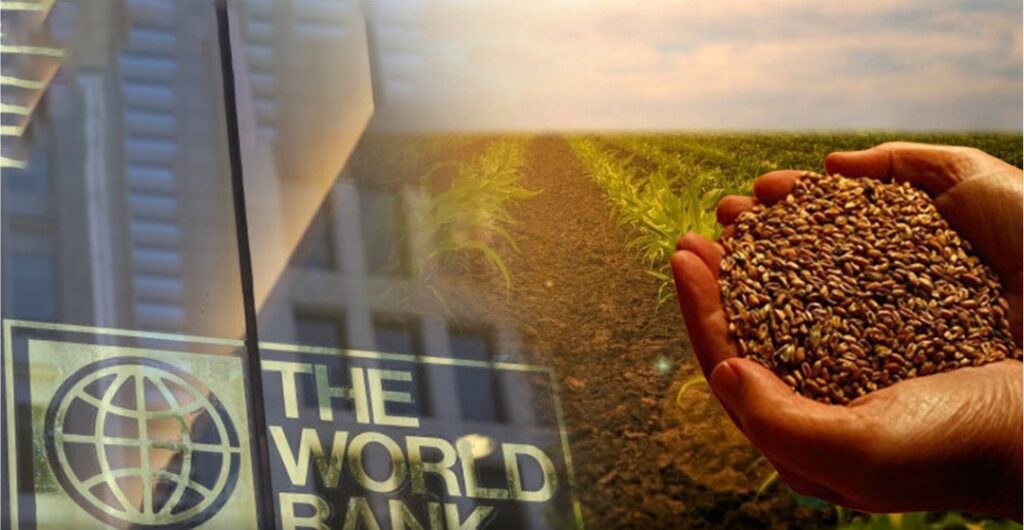The World Bank recently released the latest edition of its Food Security Report, detailing the ongoing global challenges in agriculture and the market outlook for food commodities. Citing the 2024 mid-year update of Global Food Crises, the report highlights alarming levels of severe food insecurity and malnutrition, driven by conflicts in regions like Sudan and the Gaza Strip.
Despite some stability in global food markets, the Bank warns that extreme weather and geopolitical tensions continue to threaten global food security. Prices remain particularly high in low-income countries, exacerbating food shortages.
Countries such as Nigeria, Ethiopia, and Yemen have seen heightened levels of food insecurity due to conflict and climate-related disasters. Although some nations, including Afghanistan, Guatemala, and Kenya, have made progress, they still face acute food challenges.
The Bank projects a decline in maize production on global markets due to heatwaves in the European Union, Mexico, and Ukraine, while soybean production is expected to rise in the United States. Wheat output is set to increase, led by contributions from the US, Argentina, and China, and rice production is forecast to grow, driven by positive projections in Bangladesh and Vietnam.
West African Weather And Disaster Crisis
In West Africa, severe weather remains the primary driver of food insecurity. The Nigerian government has declared states of emergency in several regions due to flooding, which has damaged farmland and displaced citizens, threatening crop production and food supply.
Although Nigeria’s food inflation moderated for two consecutive months in August due to seasonal harvests, inflation levels remain high compared to pre-inflationary periods. Given that food accounts for about 51% of Nigeria’s inflation basket, improving food security is essential to easing inflation and stabilising the economy.
To address these challenges, the World Bank urges coordinated efforts from governments and global stakeholders to mitigate risks posed by climate change, conflicts, and other crises, in order to secure the global food supply.
Stay tuned to 9am News Nigeria for more Breaking News, Finance News, Sports updates And Entertainment Gists.
















